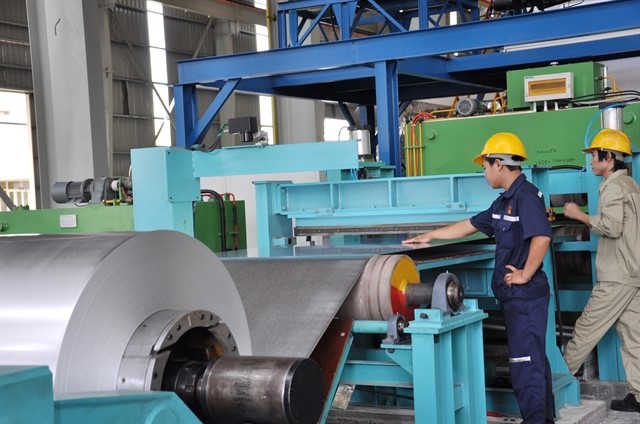The US was the country which initiated the biggest number of investigations into Vietnamese goods last year, with seven cases.

Vietnamese goods have been sued in 247 cases, across 24 markets, said Minister of Industry and Trade Nguyễn Hồng Diên at the latest National Assembly’s question and answer session.
The increase in the number of trade defence cases were due to the rising scale of annual exports, said the minister.
Việt Nam is also participating in the regional supply chain, so as a result it is often investigated jointly with other countries, added the minister, while some countries tend to use trade remedies to protect domestic production.
The 2023 Trade Remedies Annual Report of the Trade Remedies Authority of Việt Nam stated that 15 new cases were initiated by foreign countries against the nation's exported goods last year, that's in addition to cases already under investigation or subject to annual or end-of-term review.
Among the countries that initiated investigations into Vietnamese goods last year, the US was the country that initiated the most, with seven cases.
With the increasingly diverse products being investigated and the scope of investigation expanding, through appeals, many Vietnamese export products have escaped trade defence cases.
The appeals in many cases had achieved positive results, such as in the steel and honey markets, said Diên.
In the context of an integrated economy, and with Việt Nam participating in many FTAs with more than 60 countries and growing export turnover, the minister said that the way to cutting down the number of trade cases was to verify the issuance of country of origin and consider which policies may lead to accusations of subsidies.
At the same time, he also recommended better management and monitoring of business activities to deter cases.
Export industries needed to increase the use of domestic raw materials, diversify markets, comply with origin traceability and discuss carefully with import partners before implementing contracts to avoid being at risk, Diên added. — VNS





